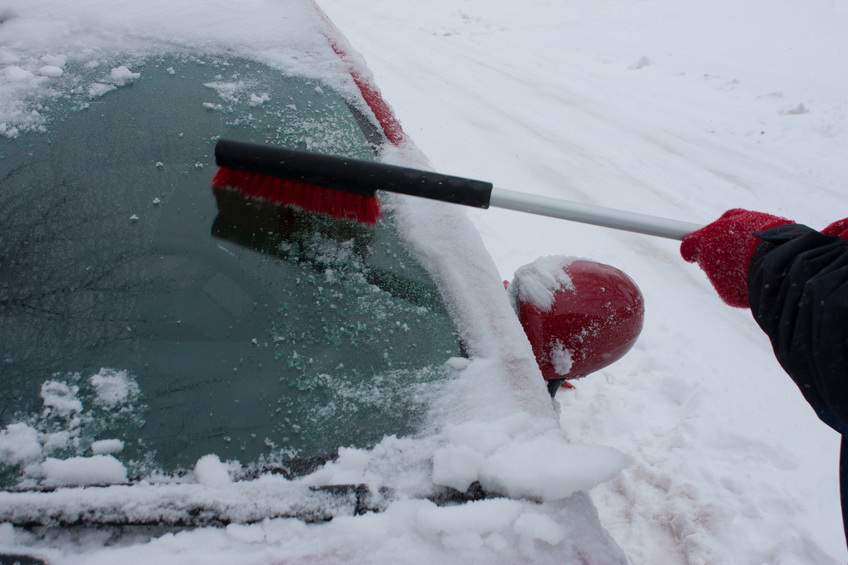Wild, unpredictable swings in weather common during early spring may be causing not only a dip in mood from lack of sunlight but despite conventional wisdom to the contrary, new research from Yale University has found that our mothers were correct; cold weather does make it harder to fight off colds.
According to a New York Times report, cooler temperatures make for a slower and less vigorous immune system response and a greater susceptibility to infection. Until recent study, it was believed that larger number of people indoors breathing the same air in warm spaces led to a greater transmission of viruses during the winter months. But this may not be the whole story.
In addition to contributing to a more sluggish immune response, cold, dry air also causes some viruses, including those that cause colds and flu, to spread more effectively. And as we enter allergy season in the spring, upper respiratory infections are more common when the immune system of people who are prone to allergies may already be compromised.
Seniors, who can be more susceptible to pneumonia, should take extra care to prevent infection by making sure they get immunized, practice good hygiene, stop smoking and keep in good health by eating a balanced diet and getting regular exercise and adequate sleep.
Because more than 60 per cent of seniors over 65 are admitted to hospital as a result of pneumonia, it’s also important to know the early symptoms. Older adults may not always have the common symptoms of pneumonia such as fever, chills or cough. Weakness, confusion or dizziness can also be a sign of pneumonia in older adults. Caregivers should keep an eye out for changes in behavior, shortness of breath or delirium among seniors with dementia or Alzheimer’s Disease.
For more information about the symptoms, causes and treatment of pneumonia, visit the Mayo Clinic website by following this link.






Add Your Voice
0 Comments
Join the Discussion